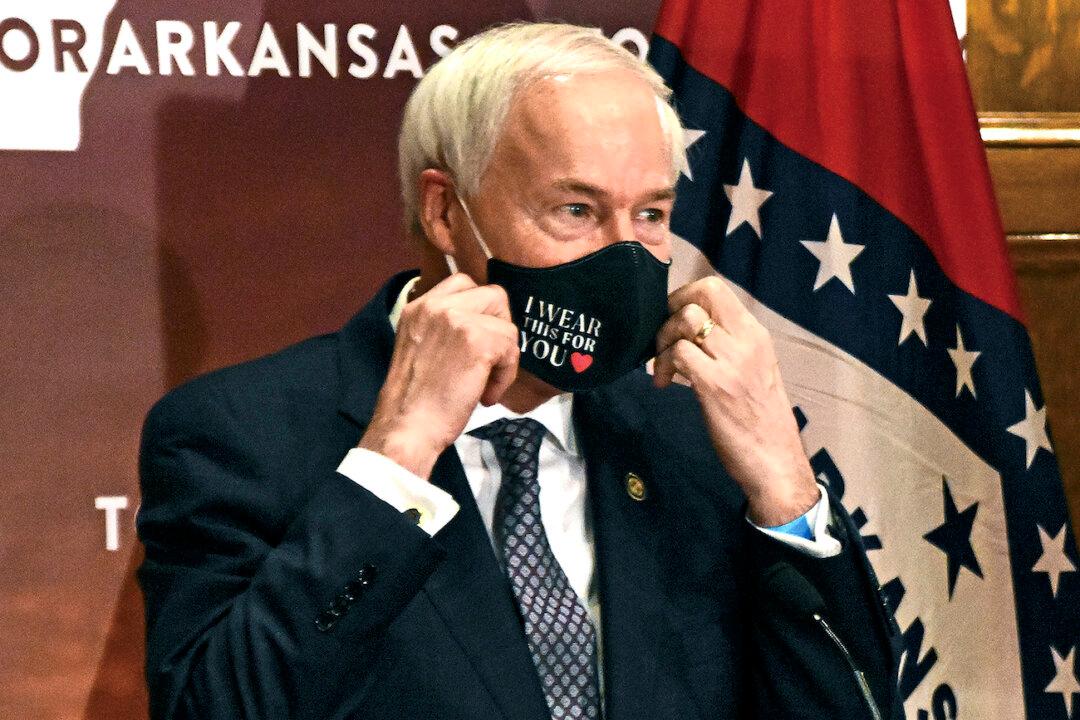The Arkansas Senate on Monday approved a bill that would ban gender transition procedures on minors, sending it to the governor’s desk.
The Republican-controlled state Senate voted 28-7 in favor of the measure.

The Arkansas Senate on Monday approved a bill that would ban gender transition procedures on minors, sending it to the governor’s desk.